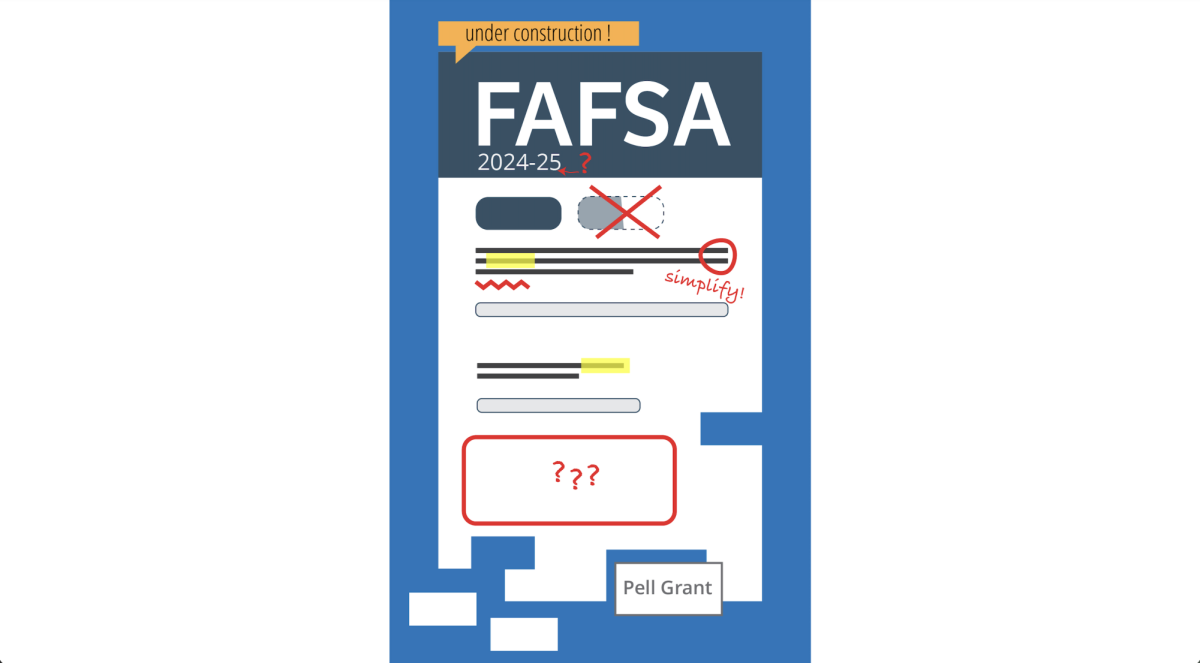In late April, Treasury Secretary Jacob J. Lew announced that Harriet Tubman will appear on the front of the $20 bill starting in 2020, the 100-year anniversary of women’s suffrage. While some think this development is a significant landmark on the roadmap for women’s rights, others believe the change is more controversial than beneficial.
In addition to this change, Susan B. Anthony, Lucretia Mott, Sojourner Truth, Elizabeth Cady Stanton and Alice Paul, five leaders in women’s suffrage, will appear on the back of the $10 bill.
Armina Khwaja, the current Resident Director of Campion Residence Hall, said that this development will further contribute to the progress made towards women’s rights and equality.
“I am surprised and…pleased to see that there was a woman chosen to be on the bill, following all the controversy surrounding the feminist movement,” Khwaja said. “Also having it be a woman of color, I think that shows a lot of intersectionality of identities. It promotes something such as a visible action being taken.”
Samuel Morse, a sophomore strategic communications major, had a similar reaction to the change. Morse, though he acknowledged that putting the face of a woman on the front of the $20 bill won’t solve all problems, emphasized that representation is a good start.
“I’m excited. In my lifetime, to my knowledge, I’ve never seen a woman on the currency we use. I was excited to hear about the changes. I think it’s a great first step,” Morse said. “I’m not saying that this should be the end of it. I think this is a starting point.”
Not everyone is pleased by this recent development. Nicole Brodeur, a columnist at the Seattle Times, said that putting Tubman on the $20 bill was more of a convenience rather than a genuine effort. Brodeur explained that because of this convenience, women are expected to feel grateful and privileged for equal representation—something that they should already exist.
Brodeur is not the only one who is dissatisfied. Kate Saavedra, a sophomore Political Science and Psychology Major, believes that while the change is a good, it is also ironic.
“I think it’s a start, or at least the idea of recognizing women’s contributions to the progress of America, but I think it’s a half-assed attempt at addressing the bigger problem,” Saavedra said. “If we’re talking about the issue of money and inequality, we should be talking about the issue of women getting less than men for exactly equal work. I think Harriet Tubman would prefer that. “
According to the U.S. Department of Labor, women working full time only make 79 percent of what men earn, which begs the question: How can women enjoy a new $20 bill when a gender wage gap of 21 percent still exists?
Women currently hold more than half the U.S. personal wealth, according to an article published by business insider in 2015. Women control 51 percent of the United State’s personal wealth—a number that is expected to rise in the coming years.
It is evident that times are changing. Some believe that placing Tubman and the five suffrage women on the $20 and $10 bill will lead to more positive actions, but those who are skeptical wonder when more reformative, impactful changes will not only affect what goes on a bill, but also how women are compensated and represented.
Shelby may be reached at [email protected].










